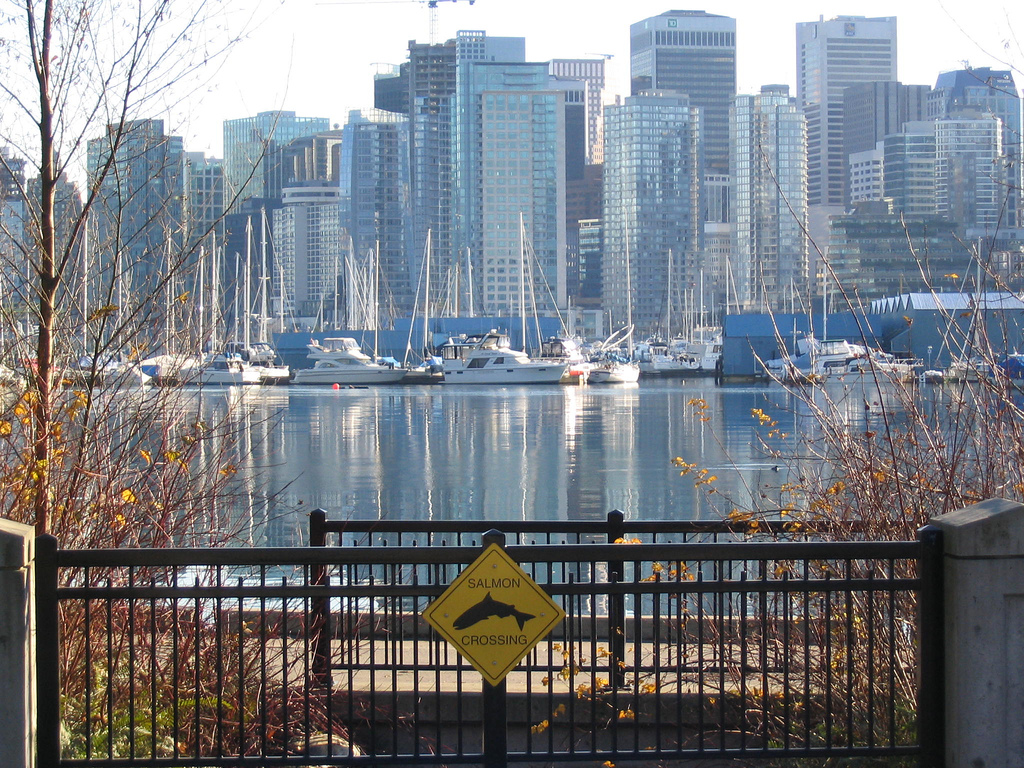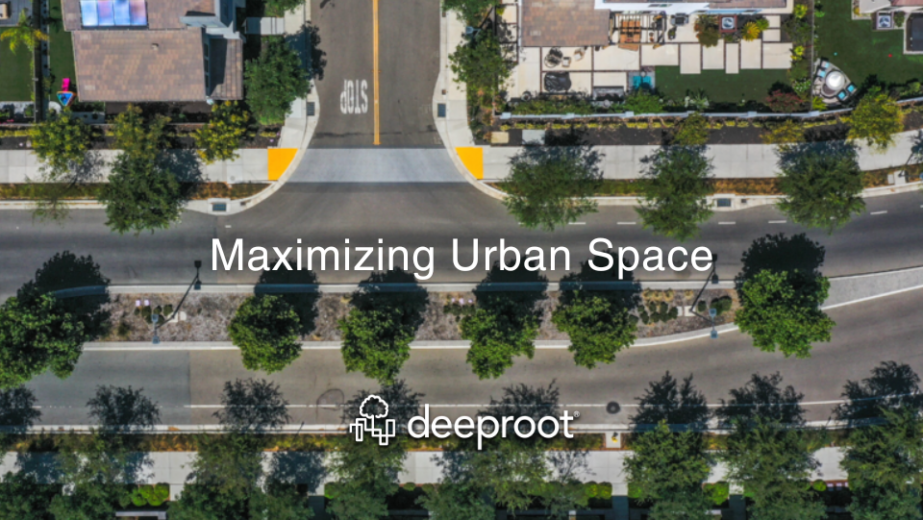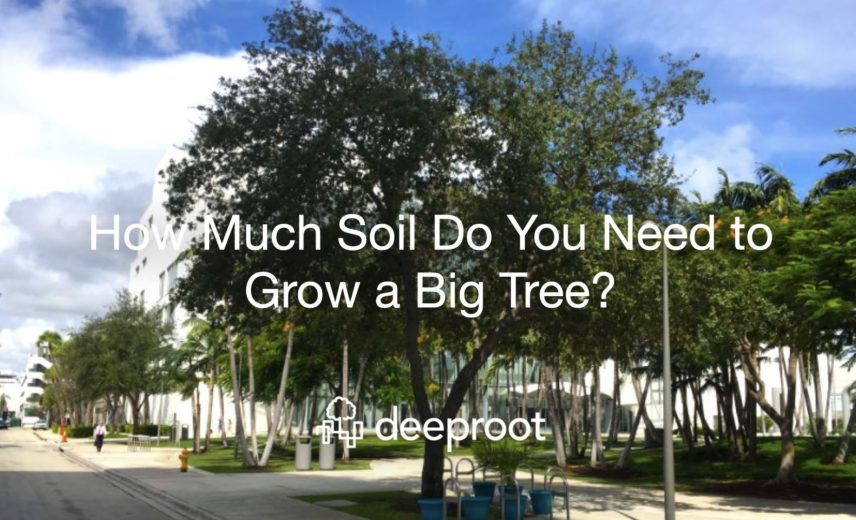Nothing epitomizes the spirit of the Pacific Northwest quite like wild Pacific Salmon. If you don’t live in this amazing part of the world, let me explain: Salmon and the clean water and healthy forests they rely on are integral to the quality of life that west coast residents love, cherish, and dream of when stuck indoors working away their desks! In addition to being a keystone species in the interconnected web of life, wild Pacific Salmon have sustained indigenous cultures since time immemorial, and are a major economic driver across the region, from commercial and recreational fisheries to eco-tourism.
The side effects of urbanization – including the loss of trees, fresh water, and estuaries, and the appearance of acres of concrete, underground pipes, and non-point-source pollution – have devastated the habitat of many species, including wild Pacific Salmon. As a result, their populations have significantly declined across the Pacific Northwest, and some are critically imperiled. Building practices that recognize the broader connection with the landscape and surround ecosystem are necessary in order to halt and reverse these worrisome trends. Salmon, water, urban development, human health, and the economy are parts of a complex and inter-connected world.
Now, there is a certification initiative that recognizes – and incentivizes – urban developers and property managers for their efforts to protect local waterways and Salmon habitat. Salmon-Safe is a site-specific third-party certification, based on rigorous peer-reviewed standards, to ensure urban sites are designed, developed, or managed in a way that is beneficial to wild Pacific Salmon and the habitat they depend on. We take a holistic approach to address complex issues within the urban realm in a way that has multiple benefits for people, the environment and the economy. Sites that receive Salmon-Safe Urban Certification clearly demonstrate environmental leadership and are recognized for their commitment to land and water best management practices, while also qualifying for LEED innovation points and gaining deserved recognition as progressive leaders in the land development community.
Salmon-Safe certification standards were developed to ensure that sites are designed, constructed, and managed in an environmentally responsible manner. A team of independent experts conducts each site assessment, and performance is evaluated within the following key categories:
- Stormwater / rainwater management systems
- Water use and consumption
- Erosion prevention and sediment control
- Water quality protection and pesticide reduction
- Enhancement of urban ecological function
- Habitat protection and restoration
Of course, environmental protection and salmon safety is not often at the top of your typical developer’s priority list, and persuading an owner to make ecologically sound choices out of the goodness of their heart may be difficult at the best of times. We are working hard to change this with positive reinforcement and an economic argument that shows that low-impact approaches to rainwater management such as green-roofs, bio-swales and pervious pavement, can be more cost-effective than the traditional pipe-and-convey solutions. Numerous studies have shown there is higher demand for both commercial property and housing stock that is in close proximity to natural spaces such as parks, and incorporates environmentally beneficial elements, such as green roofs, mature trees, and rain-gardens into the urban landscape. Our position is that improving environmental conditions within an urban site will increase desirability and ultimately the price-point of that real estate.
Progressive leaders in the urban development realm, Vulcan Real Estate in Seattle have recently committed to Salmon-Safe certification of their entire development portfolio, as well as implementing best practices for operating properties. Vice President Ada M. Healey said that Vulcan feels “very strongly” that Salmon-Safe practices will not only be good for her company’s Seattle properties and Puget Sound, “but also fulfill the broader goal of helping move the entire development industry toward these environmentally innovative practices. ”They aren’t the only ones. Mark Kane, GLY Construction’s vice president summing it up nicely in this recent Daily Journal of Commerce article, “Everything we do leaves a footprint — either positive or negative. We get to choose which it will be.”
The ecological value of wild Pacific salmon is immense and cannot be overstated. They have evolved over many thousands of years to be interdependent with all elements of their environment, and are fundamental food source for many predators in freshwater lakes, rivers, and streams, as well as in the ocean. As a recognized biosensor, their health and abundance – or their decline – is an indicator of general ecosystem health. We have the tools to improve our urban and natural conditions; innovation and progressive market leaders mean our ability to transform our hardened urban landscapes into more inviting, climate-resilient, and, yes, fish-friendly systems is accessible and happening around us. Could Salmon be a driver to healthier building practices for all living things? I hope so.
Amy Greenwood is the Assistant Manager of the Watersheds and Water Resources Program for Fraser Basin Council in Vancouver, British Columbia and leads the delivery of the Salmon-Safe Communities urban certification initiative in BC. To learn more about Salmon-Safe and how certification can add value to your urban development portfolio, visit www.salmonsafe.org or contact Amy Greenwood, Salmon-Safe Communities Program Manger with the Fraser Basin Council, at (604) 488 5367.
Marcin Chady / CC BY 2.0






Leave Your Comment